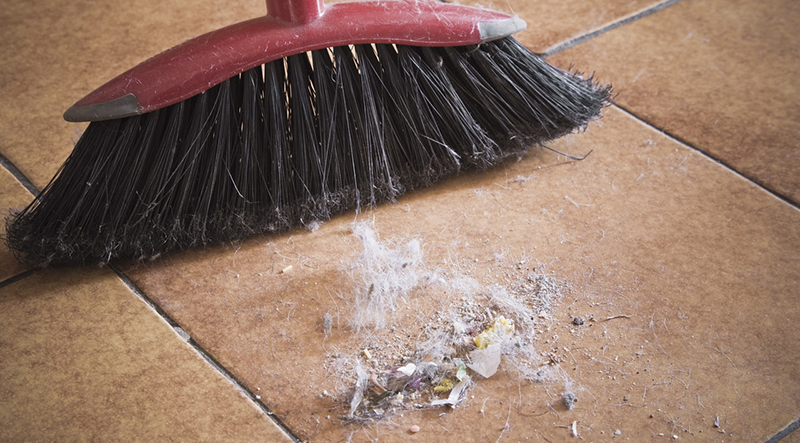How to Prevent Allergies

You're not destined to have allergy symptoms this spring or fall allergy season. Here are some practical tips about how to prevent allergies.
Fall allergy season is upon us again. As the leaves drop to the ground and the weeds spread their pollen through the air, many of the estimated 50 million Americans with nasal allergies, or hay fever, prepare for another bout of congestion, watery eyes, and runny nose.
Just because you’re among those who are sensitive to pollen, mold, or dust, doesn’t mean you have to resign yourself to months of misery. Here are a few tips about how to prevent allergies this fall.
Limit your exposure
One of the best tips for how to prevent allergies is to avoid the allergens that trigger them. If you’re allergic to pollen, stay indoors when counts are highest, which is often during the middle of the day. Keep your windows closed and your air conditioner on — it will filter out allergens before they can find their way into your home. A high-efficiency particulate air filter can clear even more of the offending substances from the air before they reach your nose.
When you do have to go outdoors, choose your days wisely. The best time to venture out is after a good soaking rain that washes away pollen. Wear a filtering mask whenever you have to work outside, and avoid mowing or raking, activities that stir up pollen. After you or your children have spent time outdoors, wash everyone’s hair and clothes to remove any pollen that might have settled there. Also wipe off your shoes and clean pets’ fur.
If pet dander or dust mites make you sneeze, keep pets out of the bedroom and wash them — and your bedding — weekly. Use allergy-proof covers over your mattress and pillows to prevent dust mites from proliferating and getting to you. And if mold bothers you, keep the humidity in your house low and quickly clean up any mold you do find growing in damp areas.
See a specialist
Don’t try to handle allergy season on your own. “Allergy sufferers who wish to avoid allergy misery need to know their allergic triggers by visiting an allergist and having the proper testing done,” says Clifford W. Bassett, MD, medical director of Allergy and Asthma Care of NY and an ambassador for the Asthma and Allergy Foundation of America (AAFA). “This will enable patients to have a specific, proactive treatment plan in place before symptoms hit.”
Treat early
Don’t wait until you start sniffling and sneezing to head to your nearest drugstore. “Start taking an antihistamine early in the season,” advises Sandra M. Gawchik, DO, co-director of the Division of Allergy and Immunology at Crozer-Chester Medical Center in Upland, Pa. “Many patients use it on an as-needed basis and then they say it doesn’t work, but their symptoms have already started and escalated.”
Antihistamines like fexofenadine (Allegra), loratadine (Claritin), or cetirizine (Zyrtec) work by blocking your body’s production of histamine, the chemical that triggers allergy symptoms. These newer-generation antihistamines don’t cause drowsiness like older drugs such as diphenhydramine (Benadryl).
Another option is to try a nasal steroid spray like fluticasone (Flonase) or triamcinolone (Nasacort), which are now available over-the-counter. They’ll bring down swelling in your nose and relieve nasal congestion. But again, “the key is to use them throughout allergy season, not just on an as-needed basis,” according to Gawchik.
If allergy medicines don’t relieve your symptoms, try immunotherapy. You’ll have to visit your doctor several times for a series of shots, or you can take drops or pills that dissolve under your tongue. Either way, immunotherapy will gradually increase your body’s resistance to the allergen, making you less sensitive to it the next time allergy season comes around.
Updated:
March 30, 2020
Reviewed By:
Janet O’Dell, RN